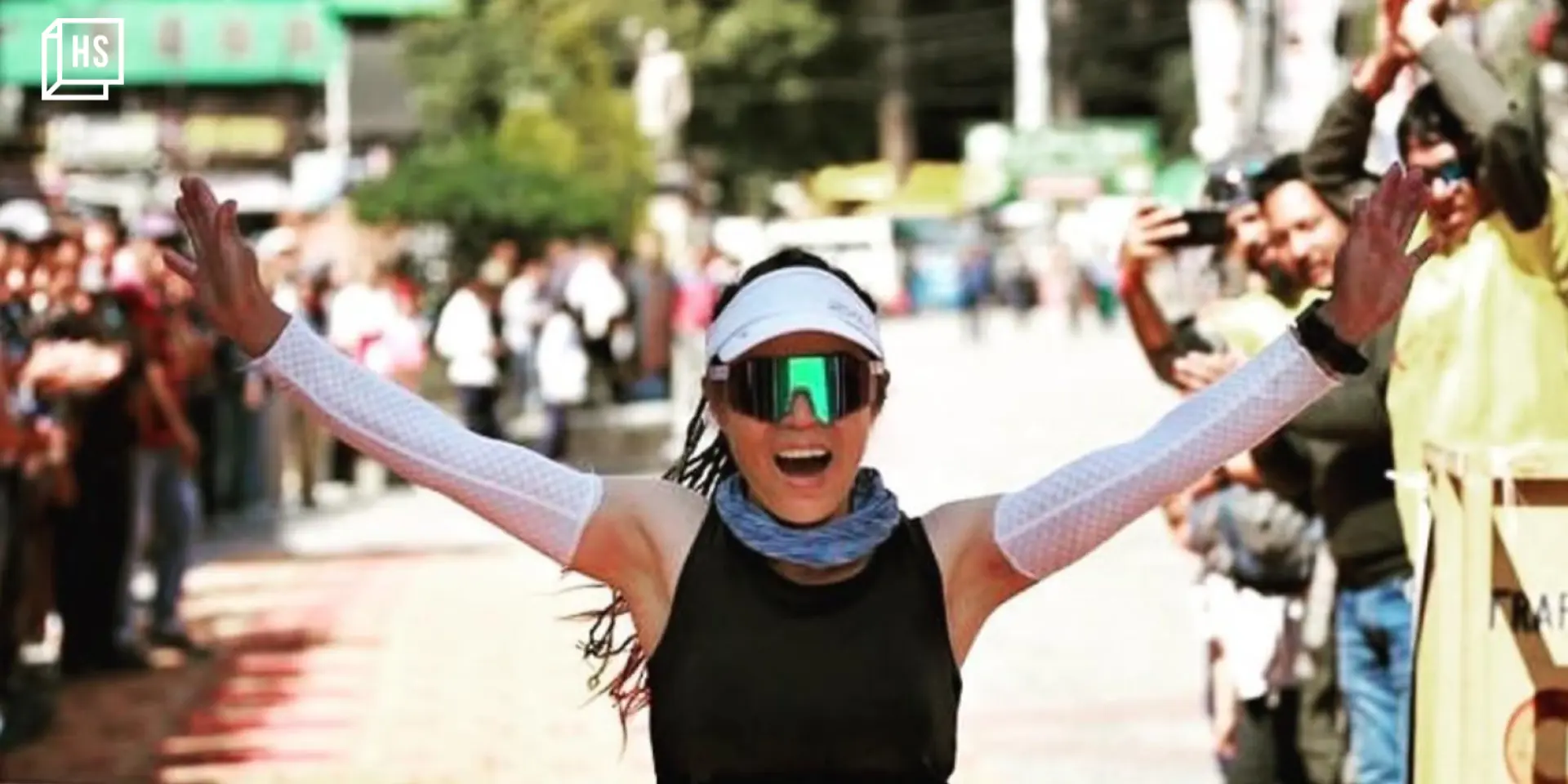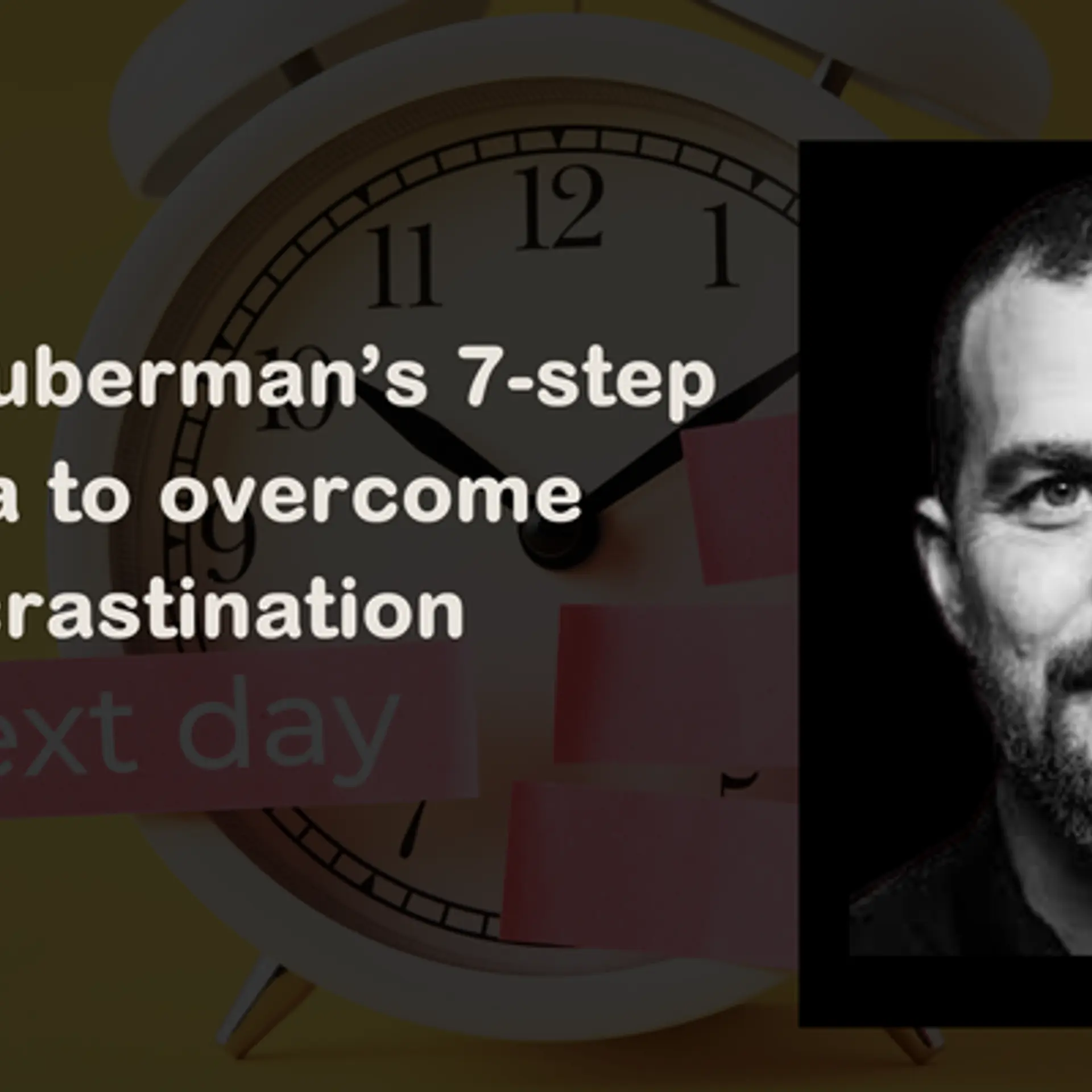How this mum of two started running to rewrite her fate
Tenzin Dolma of Manali was married at the age of 15. She started running at 30 and became the only woman Marathoner in her town to win some of the most gruelling marathons in the Himalayan region.
Tenzin Dolma says she doesn’t remember much of her childhood. The 37-year-old ultramarathoner from Manali mostly recalls that her mother struggled to meet her needs due to the family's longstanding financial issues.
Dolma also remembers what it was like being married at the age of 15 and becoming a mother to two children—a boy and a girl—before she turned 18.
Other than this, any recollection of childhood brings tears to Dolma, as she has no play, no frolic or a school life to remember since she discontinued her education after Class 7 and lost her father shortly after that.
What Dolma does have a striking memory of is the day started running: September 3, 2017, the Ladakh Half Marathon. “It was the day my life changed,” says Dolma, who won the race (21.9km) without any prior training or experience in sports. She was 30 years old.
The start
Born in Komic, the highest village in Asia in the heights of Himachal Pradesh, Dolma was the youngest of four siblings in a family that struggled with poverty.
However, unlike the common narrative of early marriage cutting short opportunities, Dolma found herself in a rare, supportive environment. Her husband and in-laws gave her everything she didn't experience in her birth family: “to wear, be and do what I wanted,” says Dolma.
Having been forced to leave school in childhood, Dolma's first step was to reclaim her life was to complete school at the age of 25. The newfound sense of possibility after marriage led her to explore the world of fitness sports. She began practicing yoga by following YouTube videos, and with every asana she learnt, her fascination expanded.
Seven years ago, when a friend suggested she sign up for a 21k marathon in Manali, Dolma registered on a whim. By winning that race, she beat out seasoned runners, including women from the police force. “The adrenaline of that victory showed me a glimpse into what I could achieve,” says Dolma.
“I didn't know what a marathon was. As I started running, memories of my childhood flashed before my eyes. I decided I wouldn't stop until I reached the end,” she says.
The 2020 lockdown had her itching for a challenge, and she found it in the Hell Ultran—a grueling 480 kilometers marathon on the infamous Leh-Manali highway. Covering the distance in over 120 hours, the race demands not just physical endurance, but a will of steel. The highway itself, blanketed in snow for half the year, is unforgiving, with oxygen levels plummeting in the high-altitude passes.
“There were days when I would cover 40 kilometres a day. I would wake up before the break of dawn and start. Never once did I feel like I couldn't do it,” she says.
Dolma became the first woman to complete the Hell Ultra within the time limit, proving her mettle against some of the most challenging conditions known to marathon runners.
This thirst for challenge led her next to the Snow Marathon in Lahaul, a brutal race held at 10,000 feet above sea level, where the air is thin, and the cold is bone-chilling. Dolma claimed victory not once but thrice. She won it for three consecutive years, finishing the marathon in just over four hours each time.
“People ask me how I've been running these years without the guidance of a coach. I started running for the first time when I was 30 years old. Every race I ran was in itself the training I needed,” says Dolma who hasn't eaten junk food in years, sticks to protein-rich home-cooked food and has a fixed sleep schedule.
For Dolma, running became her sanctuary, her way of reclaiming her life, one race at a time. Today, she is more than just a record-breaking ultramarathoner. She’s a symbol of hope, especially for the young women in her community, who, like her, come from poverty -stricken conservative families.
Her story shows them that their lives don’t have to be defined by circumstance—that there’s freedom waiting for them on those long, winding roads of the Himalayas.
When Dolma isn’t racing, she’s managing a café in Manali with her husband, and attending to her two children, now 16 and 17, as they finish school. But no matter what she’s doing, a part of her is always running—chasing that runner’s high, relishing the freedom it brings, and knowing that every step is a testament to the fact that she’s rewritten her fate.
Edited by Affirunisa Kankudti







